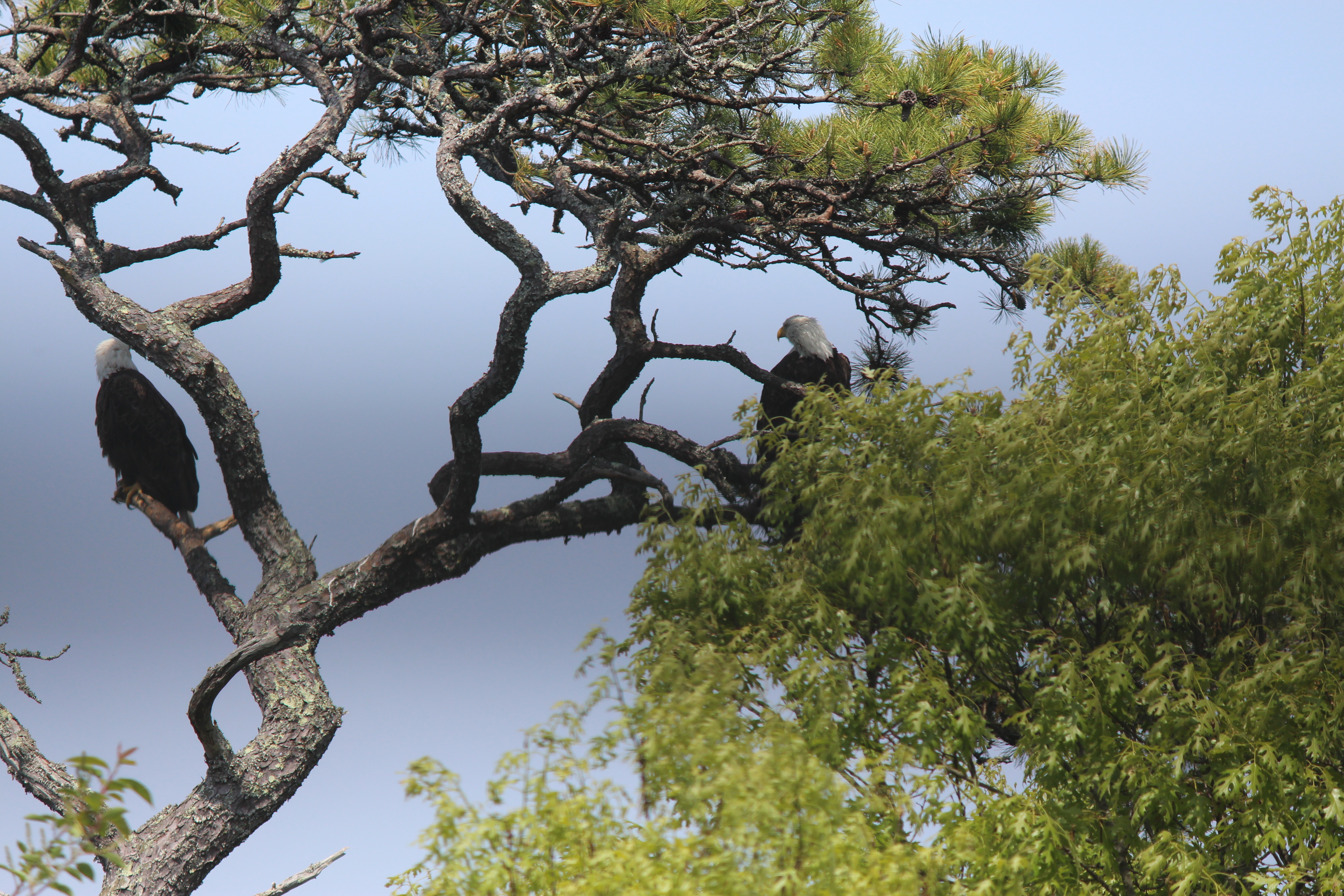

An important thing we can do to protect Hinckleys Pond and our drinking water aquifer is to properly use and maintain septic systems. The MassDEP and the town of Harwich recommend that a properly maintained septic system be pumped out at least once every 3 years. See the link below for more information:
Caring for your Septic System
The APCC, with the help of volunteers, monitors cyanobacteria in Cape Cod ponds:
APCC Cyanobacteria
Barnstable county monitors recreational beaches and ponds for fecal bacteria. Hinckley's pond is tested weekly:
County E. coli Tests
Historical PALS data charts
Needs to be added
Cornell has a database tracking bird censuses from around the world. The data are mostly organized by "hotspots". Hinckleys Pond is a hotspot. Click on the link below to see the latest data on species observed on our pond.
E-bird Site
Although not about Jenkins Bog, but another abandoned commercial cranberry bog on the Cape, this is a nice description of what is involved in trying to restore a bog to a wetland.
Retired Cranberry Bog to Restored Wetland: Farley Bog and the Childs River
Hinckleys Pond Association thanks the Indian Ponds Association (IPA) for allowing us to publish the following list on our website : Resident Actions to Reduce Pond Pollution For more about Indian Ponds Assocation please visit their website :
Indian Ponds Association
Eastern Resource List for Native Plants
Enhancement of Wildlife on Private Lands
Establishment Guide for Upland and Meadow Sites
Trees and Shrubs for Coastal Environments
2012 Evaluation of Hinckleys Pond: Water Quality Task Force Report
Aluminum treatments to control internal phosphorus loading in lakes on Cape Cod, Massachusetts